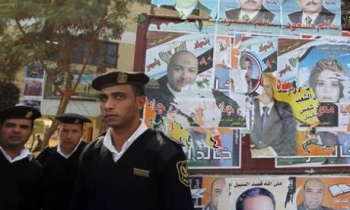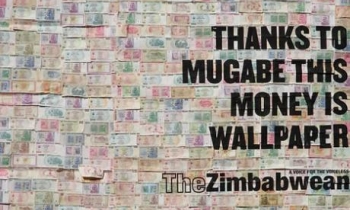Kenyan police arrested several journalists and a large number of civil society activists on December 12 as they broke up a protest against the passage of the Communications Act, which allows the government to interfere with the independence of the media, the Nairobi-based Media Institute has reported.
The morning crew for Kiss FM radio station, led by Kenya'a top female presenter, Caroline Mutoko, was arrested as they demonstrated at the national celebrations to mark Kenya's independence from British colonial rule 45 years ago. Co-anchors Larry Asego and Mzee Jalang'o were also arrested.
Former Transparency International (Kenya) director Mwalimu Mati and many other civil society activists wearing black t-shirts were arrested and locked up at various police stations in the city as they demonstrated against the death of press freedom, the high cost of food and the refusal by members of parliament (MPs) to pay taxes.
The celebrations were presided over by Kenya's political leadership, led by President Mwai Kibaki and coalition partner and Prime Minister Raila Odinga, who recently called for the forcible ejection from power of Zimbabwean President Robert Mugabe for oppressing his people.
The Kenya Editors Guild (KEG), the Journalists Association of Kenya, and the Media Institute (MI) condemned the arrests as a return to dictatorship and a violation of fundamental liberties. At a joint press conference at the Langata police station, KEG chairman Machaira Gaitho, JAK chairman Bob Wekesa and MI director David Makali warned that the alliance between the executive and the legislature was dangerous for democracy and freedom of expression. They called for the unconditional release of the journalists and activists.
The arrests and protests dominated the live broadcast of the independence day ceremony in the city, Media Institute said. The ceremony was dampened by the irony of the authorities clamping down on civil liberties on a day to celebrate independence. The broadcasts were interspersed with commentary on the implications of the new law, linking it to the refusal by MPs to pay taxes and recaps of past assaults on the media, especially the 2006 raid on the Standard Group.
The media have launched a campaign to pressure President Kibaki to reject the Communications Act. Bill. He must assent to it before it officially becomes a law. The president steered clear of mentioning the Communications Act and the protests during his official address, Media Instutute said. A man who attempted to hand to him a petition crafted by civil society was manhandled by security as he approached the president's dais.









